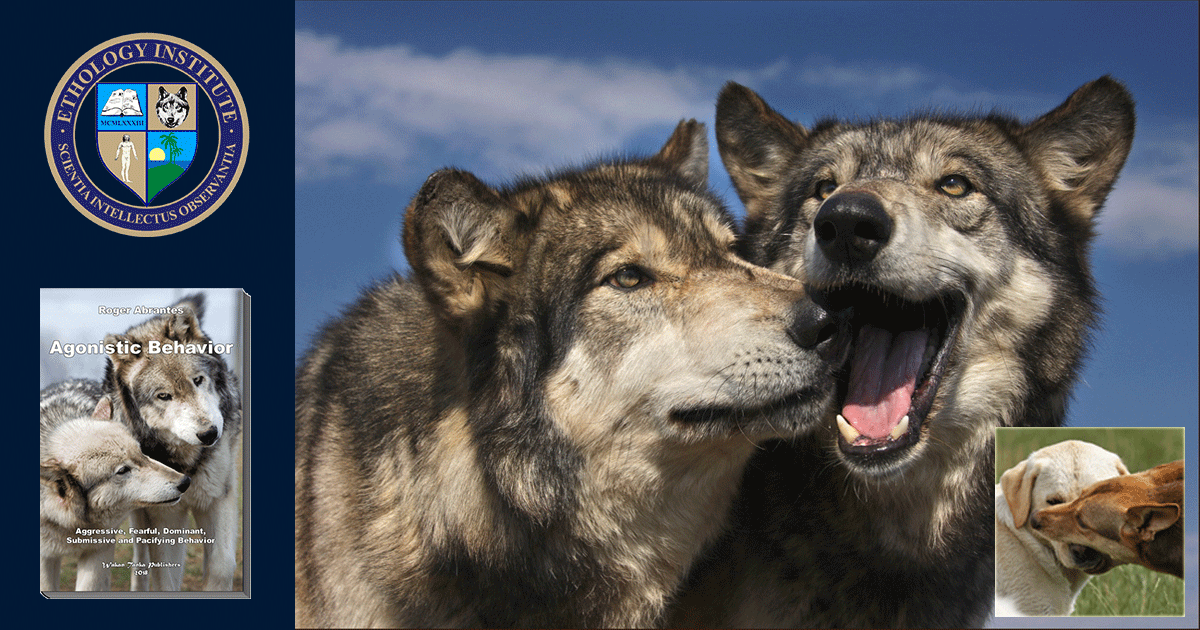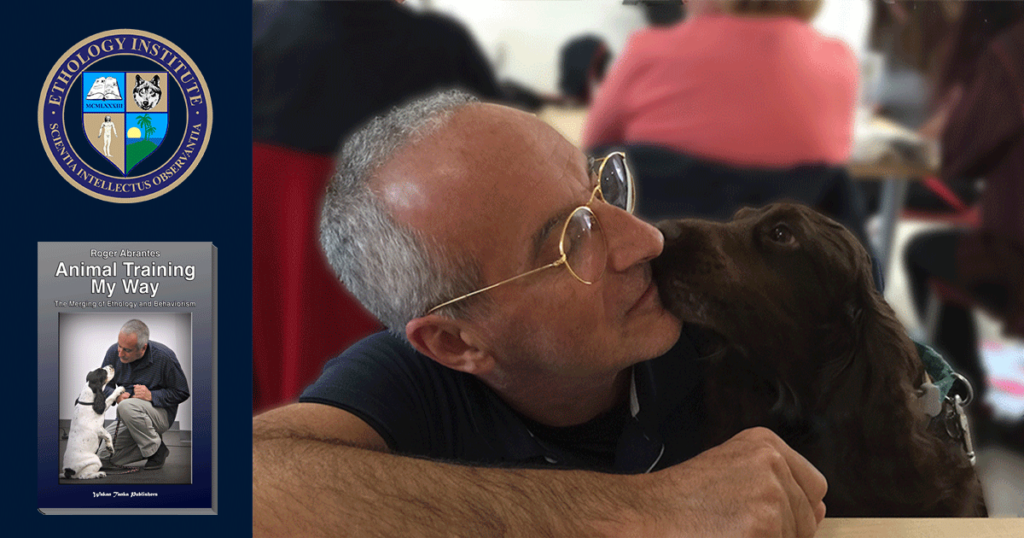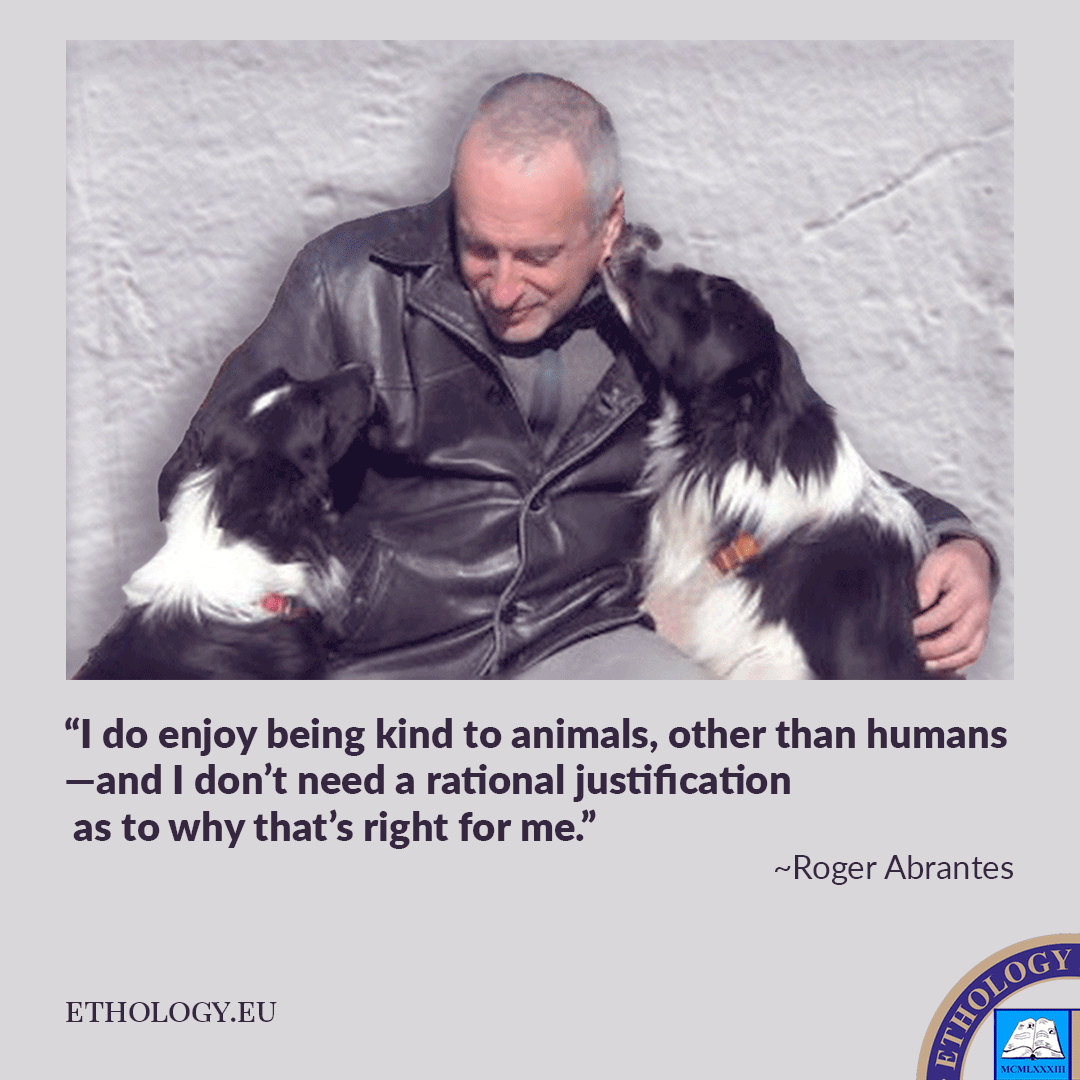(First published April 13, 2014, edited February 26, 2018)
I do enjoy being kind to animals, other than humans—and I don’t need a rational justification as to why that’s right for me. I respect them for what they are and interact with them on equal terms. I don’t believe to be right to subjugate them to my will, to control them, to change them.
Yes, I do enjoy being kind to animals. It serves me well and fulfills my life with a sense of harmony. I can’t make anyone choose harmony or define it in a particular way, even though I can illustrate how bullying does not lead to stability. Therefore, I cannot argue with people who believe it right to bully others (including non-human animals). Neither can I argue with people who think it acceptable to hurt others to achieve their goals because such means are objectionable to me. Nor, can I discuss with people who deny or affirm a particular matter of fact as a means of justifying their moral conduct, because my mind rejects invalid, unsound arguments.
Morality and science are two separate disciplines. I may not like the conclusions and implications of some scientific studies, and I may even find their application immoral; yet, my job as a scientist is to report my findings objectively. Stating a fact does not oblige me to adopt any particular moral stance. Science does influence my perceptions but does not constrain the way I feel about a fact. Ultimately, my moral decision is independent of scientific fact.
G. E. Moore coined the term naturalistic fallacy in 1903 in “Principia Ethica.” In 1739, David Hume described, in “A Treatise of Human Nature,” the ‘is-ought problem,’ also called ‘Hume’s Law’ or ‘Hume’s Guillotine.’ The ‘is-ought fallacy’ consists of deriving an ‘ought’ conclusion from an ‘is’ premise. We cannot deduct ‘ought’ from ‘is.’
As an ethologist, I’m not concerned with what ought to be, only with what is. Echoing Satoshi Kanazawa, if I conclude something that is not supported by evidence, I commit a logical fallacy, which I must correct, and that’s my problem, but if my conclusion offends your beliefs, then that’s your problem.
With time, the rational principles that govern my mind and the ethical ones that regulate my conduct may or may not prove to be the fittest. Meanwhile, as a result of genetic pre-programming, social conditioning, and evolutionary biology, I do enjoy being kind to animals. I respect them for what they are and interact with them on equal terms—and I don’t need a rational justification as to why that’s right for me.
Featured image: I do enjoy being kind to other animals, respecting them for what they are and interacting with them on equal terms.
Featured Course of the Week
Agonistic Behavior Agonistic Behavior is all forms of aggression, threat, fear, pacifying behavior, fight or flight, arising from confrontations between individuals of the same species. This course gives you the scientific definitions and facts.
Featured Price: € 168.00 € 98.00

Learn more in our course Ethology and Behaviorism. Based on Roger Abrantes’ book “Animal Training My Way—The Merging of Ethology and Behaviorism,” this online course explains and teaches you how to create a stable and balanced relationship with any animal. It analyses the way we interact with our animals, combines the best of ethology and behaviorism and comes up with an innovative, yet simple and efficient approach to animal training. A state-of-the-art online course in four lessons including videos, a beautiful flip-pages book, and quizzes.

